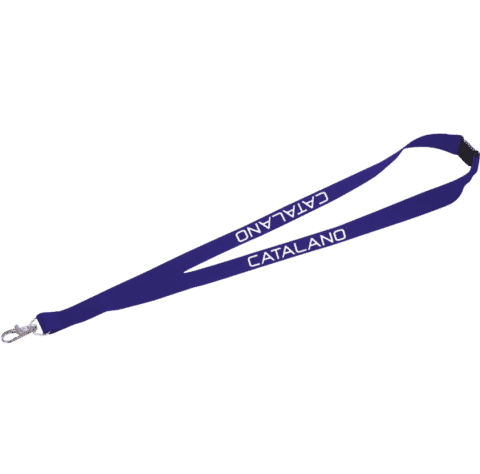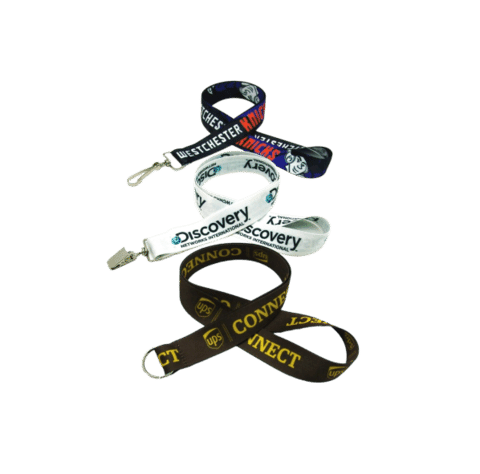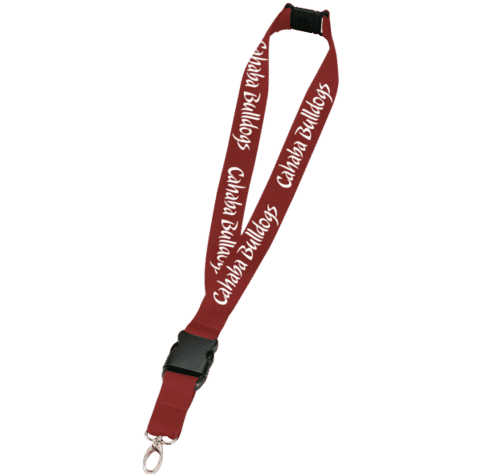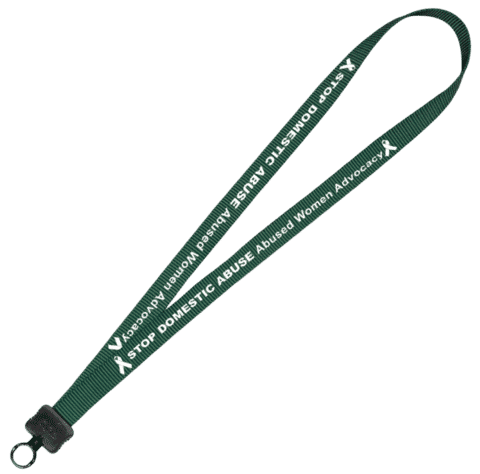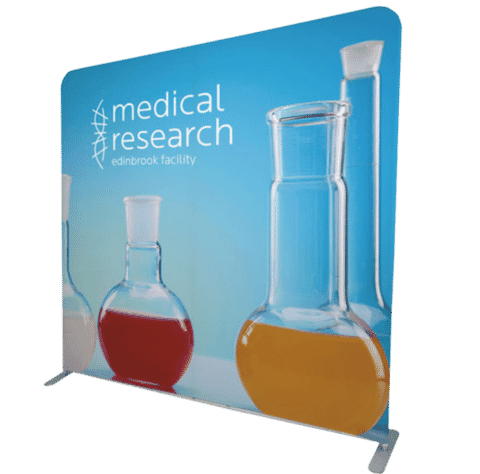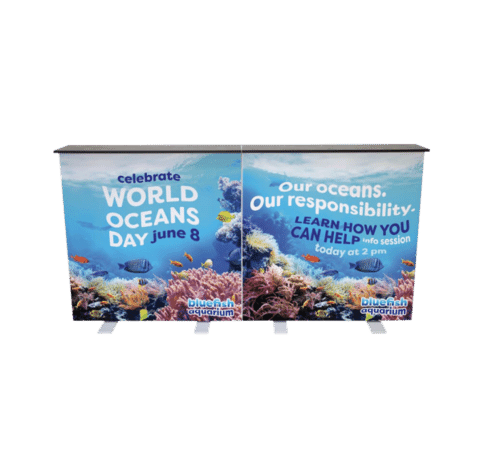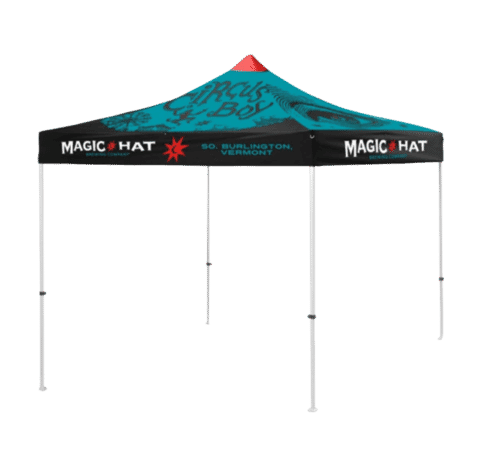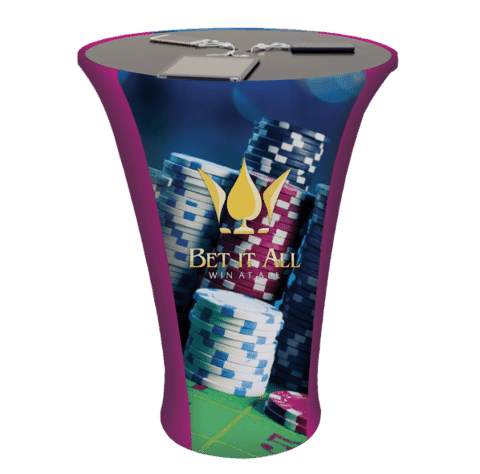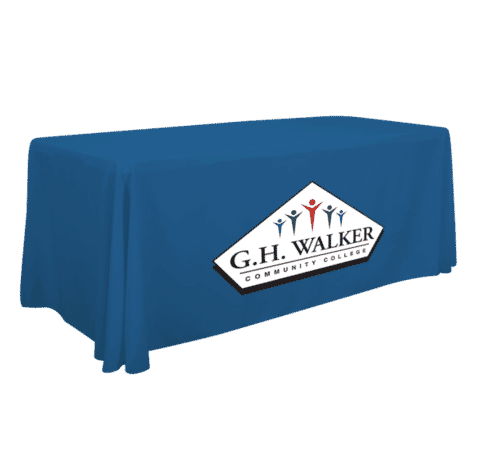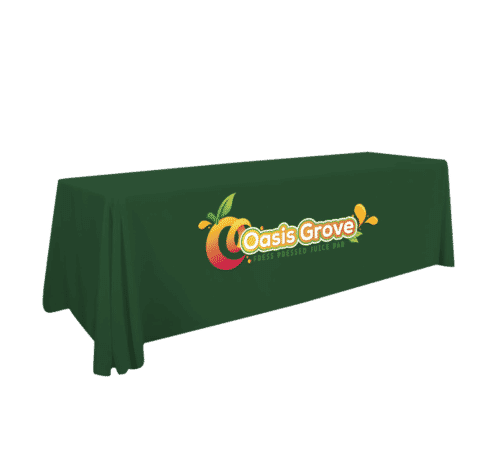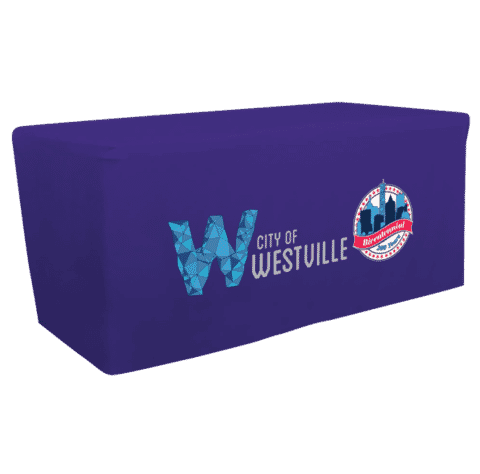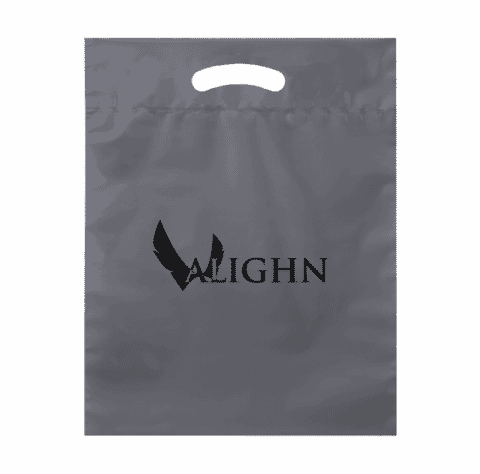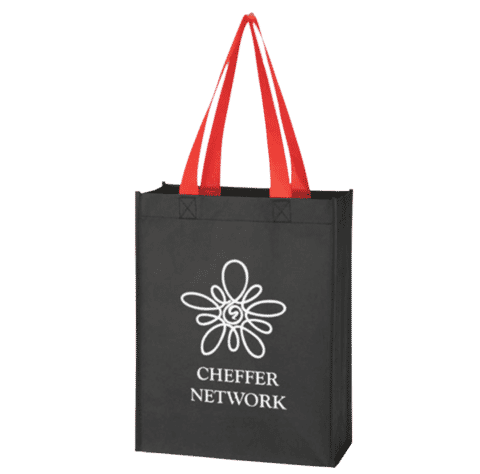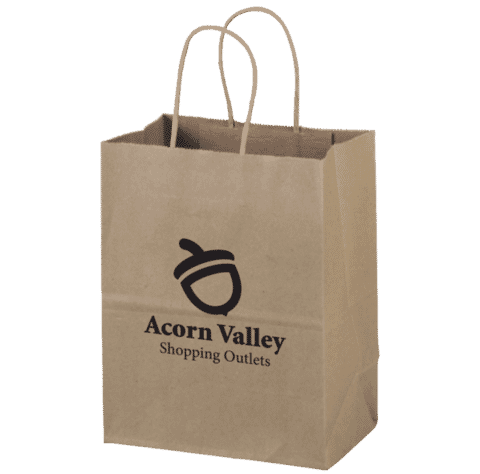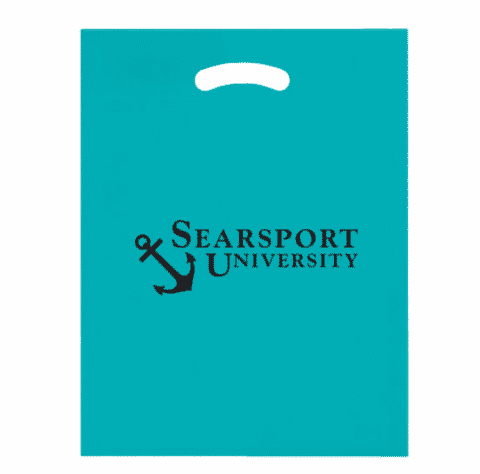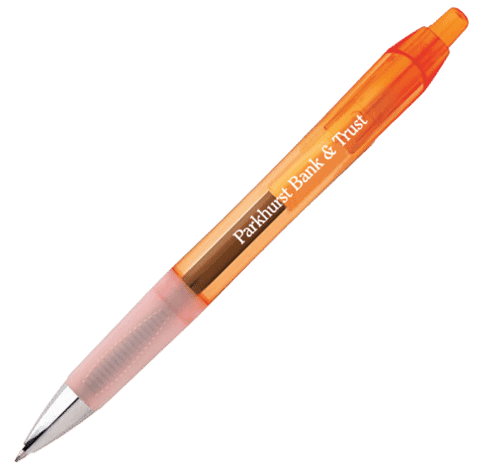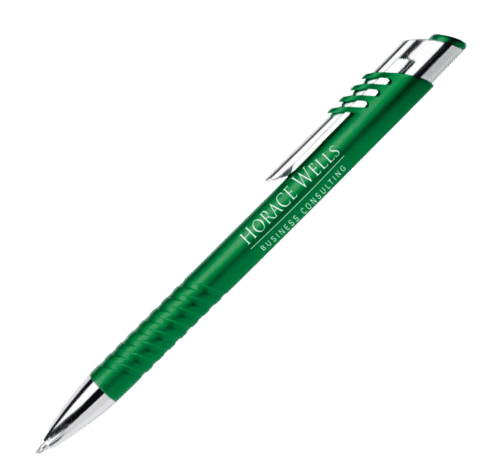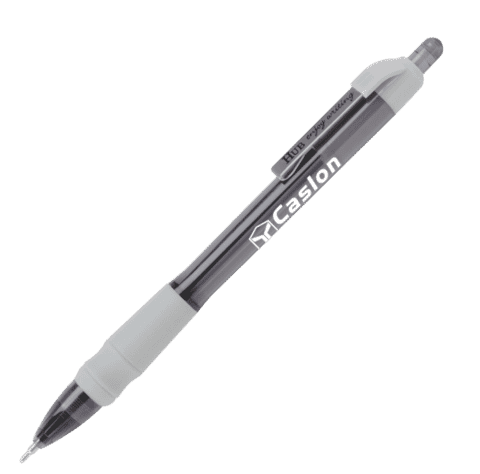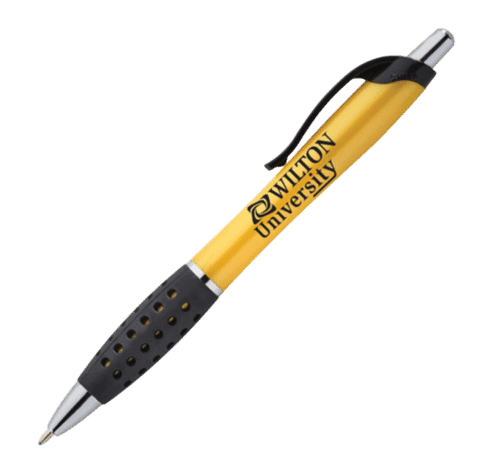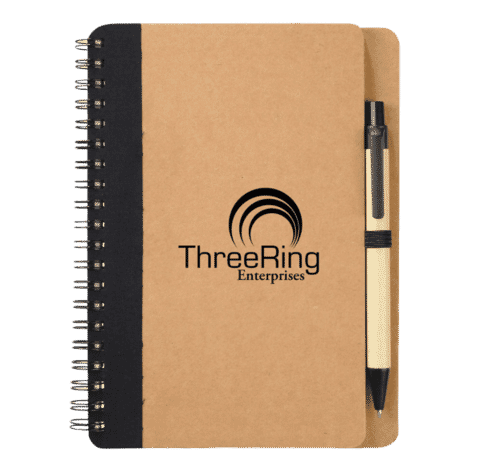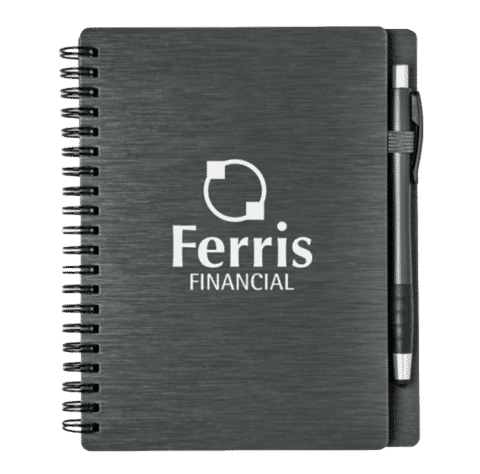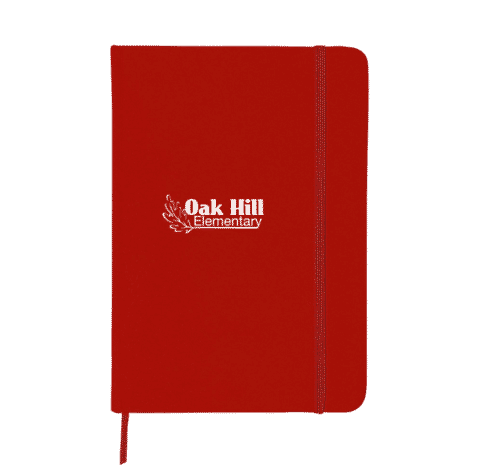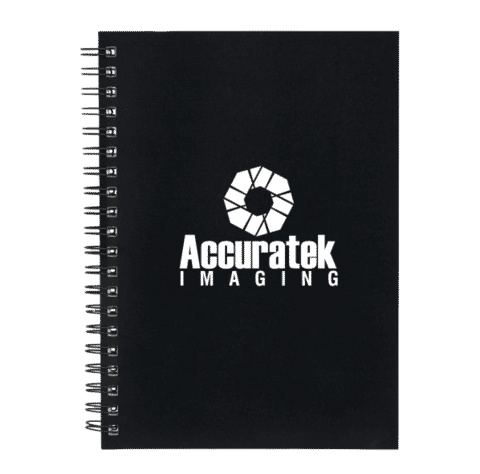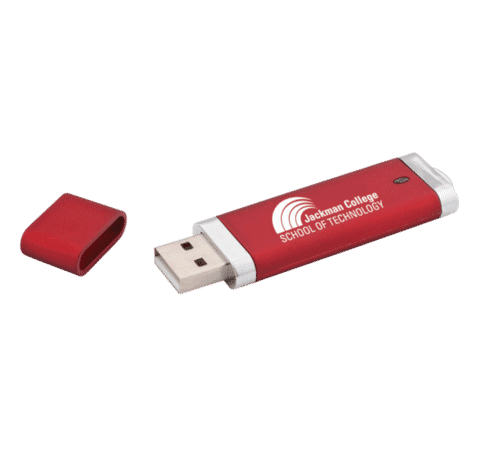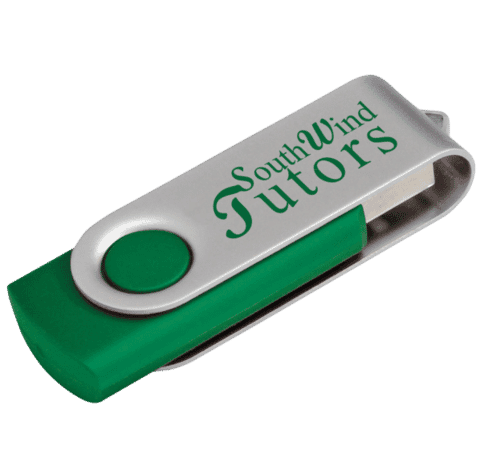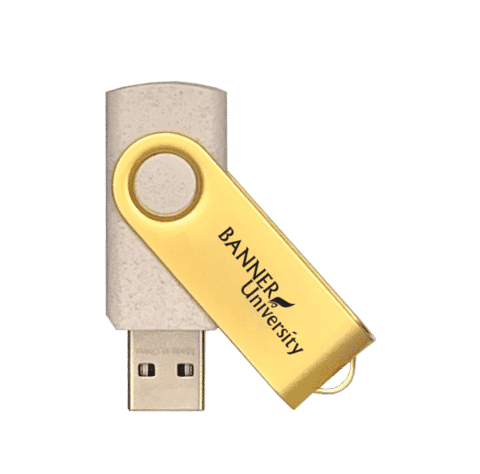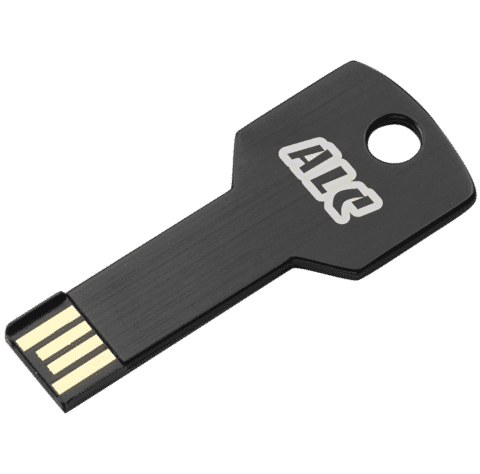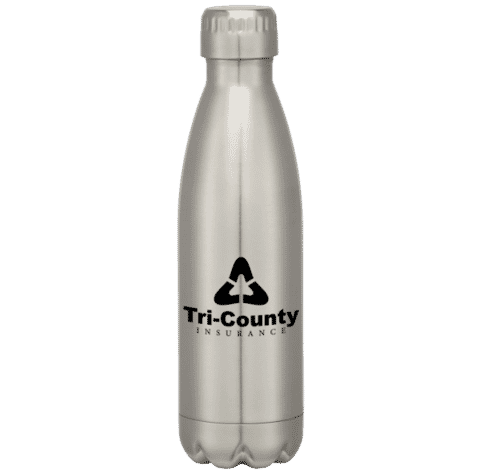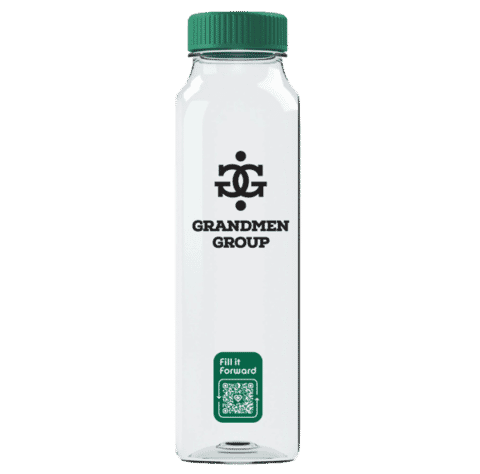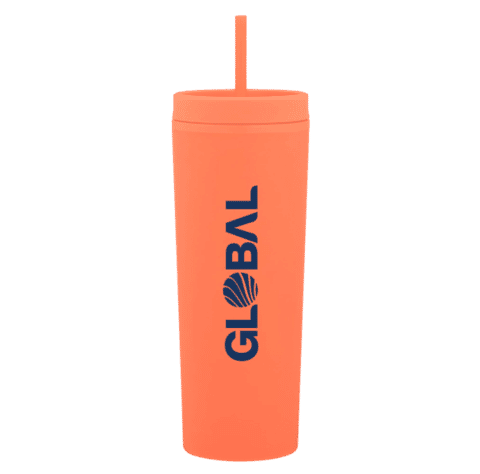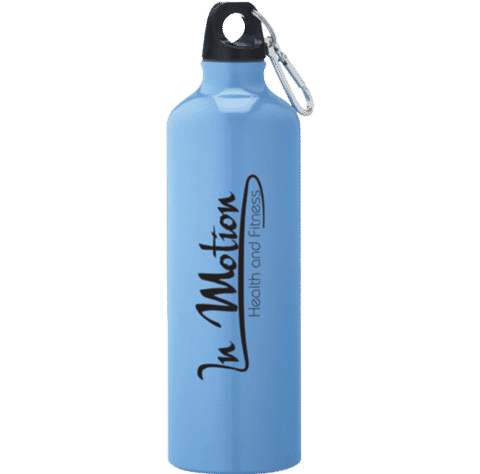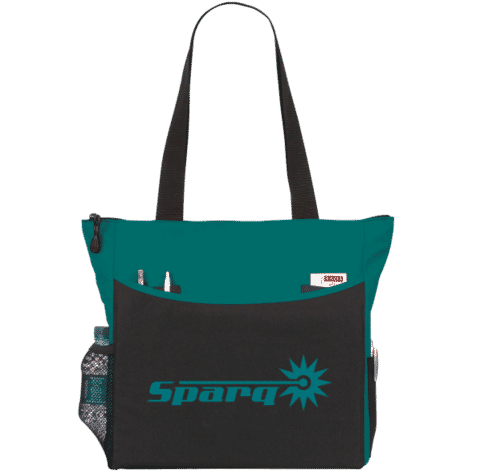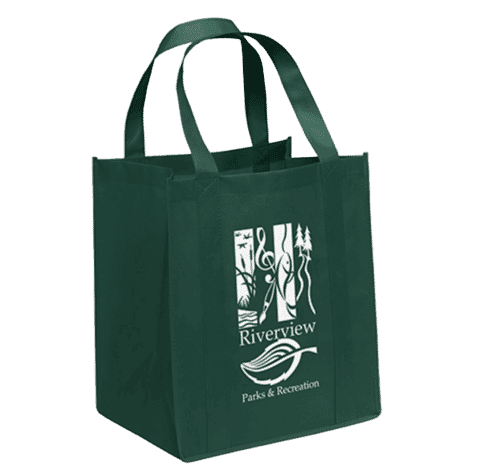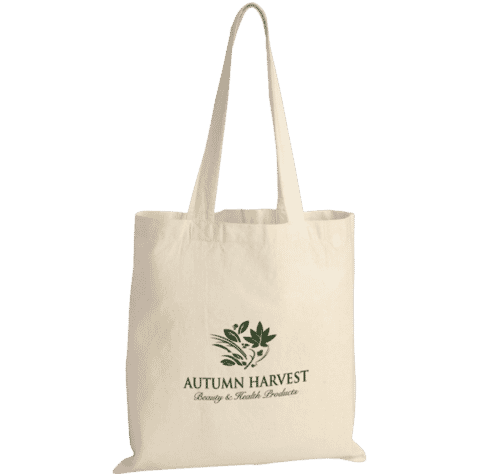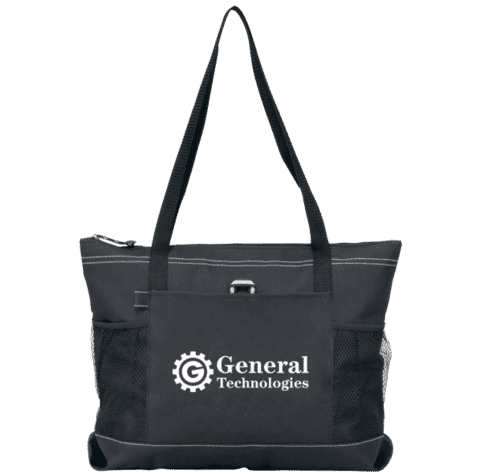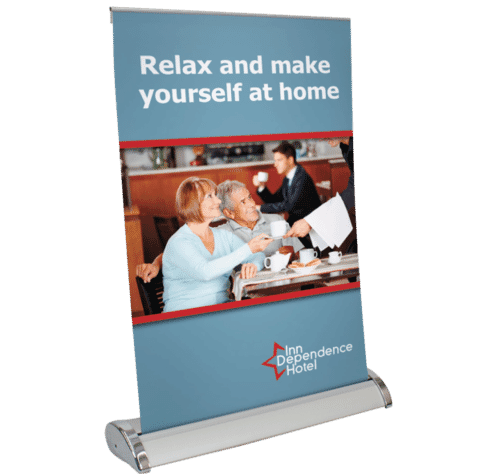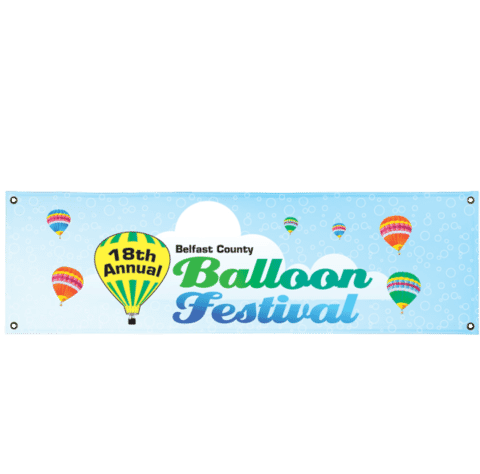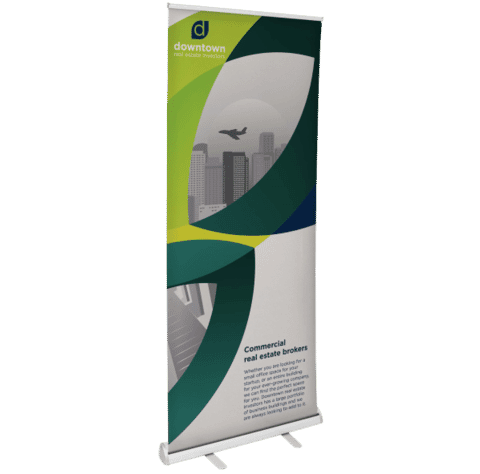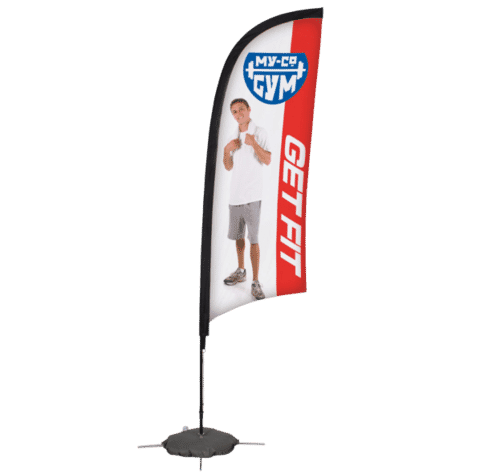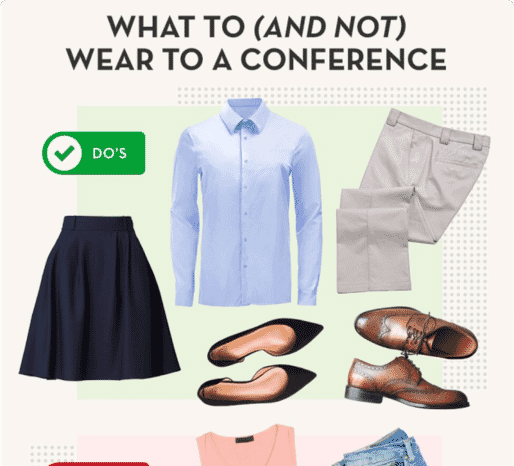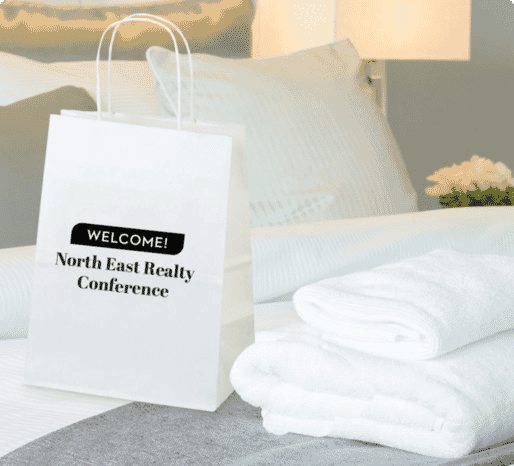The Best 2026 Conference Planning Checklist
updated
December 16, 2025
Planning a conference involves countless details, from securing the perfect venue to coordinating speakers and vendors. It’s easy to overlook critical tasks or miss important deadlines, which can lead to last-minute stress and potential oversights. Our Comprehensive Conference Planning Checklist is your ultimate solution, ensuring that every aspect of your event is meticulously organized and executed flawlessly - from the aspects you need to consider over a year in advance to debriefing after the conference. Download our checklist for organizing conferences to stay on track, avoid common pitfalls, and guarantee a successful, memorable conference experience.

Download Your Own Copy Of Our PDF Conference Planning Checklist
Enjoying our Corporate Holiday Party Planning Checklist? Check out more checklists with useful tips for event organization:
Conference Planning Checklist: Table of Contents
Take a look at what our conference planning checklist contains, as well as additional context on some of the high-level points included in it.
Get Prepared with the Comprehensive Conference Planning Checklist
Get Prepared with the Comprehensive Conference Planning Checklist
Planning a successful conference requires meticulous attention to detail and careful coordination. This checklist provides a detailed timeline to ensure every aspect of your conference is planned and executed flawlessly.
1-2 Years Before Your Conference: Initial Planning Checklist
1. Define Conference Goals and Objectives
Establishing clear goals and objectives is crucial for guiding all aspects of your conference planning. These foundational elements will ensure your event stays focused and achieves its intended outcomes.
- Determine the Purpose of the Conference: Clearly articulate why you are organizing the conference and what you hope to achieve. This could include education, networking, industry updates, or launching new products. Understanding the core purpose will help in making crucial decisions throughout the planning process.
- Identify Key Outcomes and Success Metrics: Define how you will measure the success of your conference. This could include attendee satisfaction, number of participants, revenue targets, or media coverage. Set specific, measurable goals to track your progress and make adjustments as needed.
- Establish a Clear Vision and Theme: Decide on the overarching theme and focus of the conference. This helps guide all other planning decisions and ensures a cohesive experience for attendees. Ensure the theme resonates with your target audience and aligns with industry trends. A well-chosen theme can significantly enhance the appeal and impact of your event.
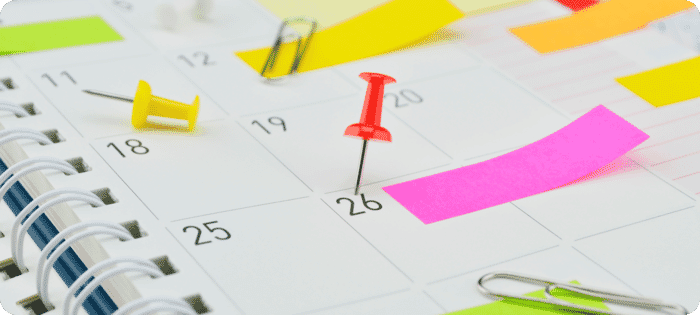
2. Assemble Your Team
Building a strong and dedicated conference planning team is essential for the successful execution of your conference. Assigning clear roles and maintaining regular communication will ensure a smooth planning process.
- Assign Roles and Responsibilities: Clearly defining roles helps ensure accountability and efficient workflow. Consider each team member's strengths and expertise to maximize efficiency and effectiveness. Designate specific roles to team members putting on the event, such as the following:
- Project Manager
- Marketing Lead
- Logistics Coordinator
- Sponsorship Manager
- Speaker Liaison
- Develop a Project Plan with Timelines: Create a detailed project plan that outlines all tasks, deadlines, and responsible parties. Use project management tools to keep track of progress and deadlines. Regularly update the plan to reflect any changes or new developments, ensuring that everyone stays on the same page.
- Schedule Regular Planning Meetings: Set up a regular schedule for team meetings to discuss progress, address issues, and make decisions. Frequent communication is key to keeping everyone aligned and informed. These meetings provide an opportunity to identify potential problems early and adjust plans accordingly.
3. Identify Your Target Audience
Knowing your target audience is crucial for tailoring your conference to meet their needs and expectations. This will help in creating a more engaging and relevant event for all attendees.
- Define the Demographic and Professional Profile of Attendees: Identify who you want to attend your conference. Consider factors such as industry, job titles, experience levels, and geographic locations. Understanding the specific needs and characteristics of your target audience will help tailor the conference to their expectations.
- Research Attendee Needs and Preferences: Conduct surveys or focus groups to understand what potential attendees are looking for in a conference. This could include preferred session topics, networking opportunities, and venue preferences. Analyzing past event feedback and industry trends can also provide valuable insights. Identify common pain points or challenges within your target audience to address in your conference content.
- Develop a Strategy to Attract Your Target Audience: Use the insights gathered to create a marketing strategy that will appeal to your target audience. This could include tailored messaging, targeted advertising, and personalized invitations. Consider offering early-bird discounts or special promotions to incentivize early registrations.
4. Create a Preliminary Budget
Establishing a clear and detailed budget is essential for managing your conference's financial health. This will help you anticipate costs, identify revenue opportunities, and set realistic financial goals.
- Estimate Costs for Venue, Catering, Speakers, Marketing, and Other Expenses: Begin by listing all potential expenses and estimating their costs. This helps ensure you have a realistic understanding of the financial requirements. Consider additional costs such as transportation, accommodation for speakers, and technology needs.
- Identify Potential Revenue Sources (Ticket Sales, Sponsorships, Grants): Explore various ways to generate revenue to cover your costs. This could include ticket sales, sponsorship packages, and grants from industry organizations.
- Set Financial Goals and Establish a Contingency Fund: Define your financial goals, such as breaking even or achieving a specific profit margin. Set aside a contingency fund to cover unexpected expenses. A well-planned contingency fund can safeguard against unforeseen costs and ensure the event's financial stability.
5. Early Preparations
Laying the groundwork early is crucial for ensuring a smooth planning process. Begin by identifying venues, reaching out to speakers, and engaging potential sponsors.
- Research Potential Venues: Identify and evaluate potential venues that can accommodate your expected number of attendees and meet your logistical needs. Consider factors such as location, accessibility, amenities, and cost.
- Begin Initial Outreach to Key Speakers and Industry Leaders: Start reaching out to potential keynote speakers and industry experts to gauge their interest and availability. Highlight the benefits of participating in your conference and outline any compensation or perks you can offer. Building these relationships early can help secure top-tier talent for your event.
- Start Building Relationships with Potential Sponsors: Initiate conversations with potential sponsors to explore partnership opportunities and gather feedback on what they would value in a sponsorship package. Tailor your sponsorship proposals to align with potential sponsors’ marketing goals and demonstrate the value of visibility at your conference. Early engagement can also lead to more substantial sponsorship commitments.
1 Year in Advance
1. Book the Venue and Set the Date
Securing the right venue and confirming the event date are pivotal parts of your conference planning checklist . These decisions will shape many other aspects of your preparations.
- Select and Reserve the Venue: Choose a venue that fits your needs in terms of size, location, amenities, and budget. Ensure it is available on your preferred dates. Consider factors such as parking availability, accessibility for attendees with disabilities, and proximity to accommodations and transportation.
- Confirm the Date and Time of the Conference: Finalize the date and duration of the conference, taking into account factors such as holidays, competing events, and travel considerations. Ensure the chosen dates do not conflict with major industry events or peak travel seasons that could affect attendance.
- Arrange Site Visits and Walkthroughs with Key Stakeholders: Schedule site visits with your planning team and key stakeholders to familiarize them with the venue and address any logistical questions. Use these visits to assess the layout, identify potential setup challenges, and plan for any necessary adjustments to your event design.
2. Finalize the Budget
Ensuring your budget is accurate and comprehensive is crucial for the financial success of your conference. Refining cost estimates and securing funding will help you manage resources effectively.
- Confirm Detailed Cost Estimates for All Elements of the Conference: Refine your initial budget estimates to reflect more accurate costs based on vendor quotes and contracts. Include all potential expenses, such as contingency funds, miscellaneous costs, and taxes. Having a detailed and realistic budget will help prevent financial surprises.
- Secure Initial Funding or Sponsorship Commitments: Work to secure early funding commitments from sponsors, partners, and ticket sales to ensure you have sufficient cash flow. Early commitments provide financial stability and allow for better planning of conference activities and amenities.
- Monitor and Adjust the Budget as Needed: Regularly review your budget to track expenses and make adjustments as necessary to stay on track financially. Use budgeting software or tools to keep detailed records of all transactions and compare actual spending against your estimates. This proactive approach will help you make informed financial decisions throughout the planning process.
3. Secure Vendors and Suppliers
Partnering with reliable vendors and suppliers is essential for the smooth execution of your conference. Ensuring you have all necessary services in place will contribute to a seamless event experience.
- Contact and Book Audiovisual Equipment Providers: Identify and contract with AV providers to ensure you have the necessary equipment for presentations, sound, and lighting. Discuss your specific needs for different sessions and events to make sure all technical requirements are covered.
- Reach Out to Catering Services for Quotes and Menu Options: Engage catering services to provide food and beverages for attendees. Consider dietary restrictions and preferences. Plan for a variety of meal options, including vegetarian, vegan, and gluten-free to accommodate all attendees.
- Identify and Hire Additional Support Vendors (Staff Outsourcing, Event Management): Determine any additional vendors you need, such as event managers, security personnel, and cleaning services, and secure their services. Ensure that these vendors are experienced in handling events of your conference's size and scope to guarantee professional and efficient service.
9 Months in Advance
1. Confirm Speakers
Securing knowledgeable and engaging speakers is a key component of your conference's success. Early confirmation and thorough coordination will help ensure a seamless experience for both speakers and attendees.
- Reach Out to Potential Speakers and Secure Commitments: Finalize your list of speakers and secure their participation with formal agreements and contracts.
- Finalize Speaker Agreements and Contracts: Ensure all speakers have signed contracts that outline their roles, compensation, and expectations.
- Begin Coordinating Travel and Accommodation Arrangements for Speakers: start looking for transportation, hotels, taxis, and other necessary arrangements to make sure speakers would arrive on time – this would ideally come out of the conference budget and not the speaker budget if speakers are expected to travel a longer distance to the conference.
2. Secure Sponsors
Securing sponsors should be a vital part of your checklist for organizing conferences. Effective sponsorships can provide essential funding and add value to your event.
- Identify and Reach Out to Potential Sponsors: Develop a list of potential sponsors and begin outreach to secure their support.
- Develop Sponsorship Packages and Proposals: Create attractive sponsorship packages that offer value to sponsors, such as brand visibility, speaking opportunities, and networking access.
- Finalize Sponsorship Agreements and Commitments: Secure formal agreements with sponsors and confirm their contributions and expectations.
6 Months in Advance
1. Finalize the Agenda
Creating a detailed and well-structured agenda is crucial for delivering a valuable and engaging experience to your attendees. A thoughtfully planned schedule ensures a balanced mix of sessions and activities.
- Develop a Detailed Conference Schedule: Create a comprehensive schedule that includes keynote sessions, breakout sessions, workshops, and networking events.
- Confirm Session Topics, Formats, and Timings: Work with speakers to finalize the content and format of their sessions, ensuring a balanced and engaging agenda.
- Coordinate Breakout Sessions, Workshops, and Panel Discussions: Organize smaller, interactive sessions that provide deeper dives into specific topics and foster participant engagement.
2. Develop Branding and Marketing Materials
Effective branding and marketing are essential for creating a strong identity for your conference and attracting attendees. A cohesive brand and strategic promotion will enhance visibility and engagement.
- Create Conference Branding (Logo, Color Scheme, Promotional Materials): Design a cohesive brand identity for the conference, including a logo, color scheme, and branded materials.
- Design and Order Conference Merchandise (Badges, Lanyards, Swag): Produce branded items that enhance the attendee experience, such as badges, lanyards, and conference swag. Consider these event goodie bag ideas for your conference merchandise!
- Begin Promoting the Conference Through Various Channels (Website, Social Media, Email): Launch a marketing campaign to build awareness and drive registrations. Use your website, social media, and email newsletters to reach your audience.
3. Communicate with Speakers
Clear and consistent communication with your speakers is essential for ensuring they are well-prepared and confident in their roles. Providing detailed information and support will help them deliver high-quality presentations. Make sure you’re also prepared to thank your speakers and presenters once they arrive!
- Send Detailed Instructions and Guidelines to Speakers: Provide speakers with comprehensive information about their roles, session formats, and logistical details.
- Confirm Presentation Requirements and Audiovisual Needs: Ensure speakers have the necessary equipment and support for their presentations.
- Provide Logistical Information (Venue Layout, Presentation Schedule): Share details about the venue, session locations, and presentation times with speakers.
3-6 Months in Advance
1. Speaker Coordination
Coordinating all aspects of speaker participation is vital for a smooth and successful conference. Ensuring speakers' needs are met and facilitating their engagement can greatly enhance the event's quality.
- Confirm Speaker Expenses and Finalize Contracts: Ensure all financial arrangements with speakers are confirmed and contracts are signed.
- Book Travel and Accommodation for Speakers: Finalize travel and lodging arrangements to ensure speakers arrive comfortably and on time.
- Communicate Detailed Travel and Arrival Timelines: Provide speakers with a clear itinerary and travel information.
- Coordinate Pre-Conference Activities and Meetups: Arrange informal gatherings or meetups for speakers and key attendees to foster connections before the event.
2. Event Logistics
Efficient event logistics are crucial for ensuring a smooth and successful conference. A conference planning checklist will help avoid last-minute issues and provide a seamless experience for all attendees.
- Order Branded Merchandise and Promotional Items: Ensure all branded items, such as attendee badges and promotional materials, are produced and ready for distribution. For inspiration, take a look at these 12 Promotional Conference Gift Ideas.
- Recruit and Train Event Staff and Volunteers: Identify and onboard staff and volunteers who will assist with the conference. Provide comprehensive training on their roles and responsibilities.
- Re-Confirm Logistics with Vendors (Catering, Audiovisual, Venue Setup): Double-check all arrangements with vendors to ensure everything is on track and address any issues that arise.
- Coordinate Sponsor Advertising and Booth Arrangements: Work with sponsors to finalize their advertising placements and booth setups.
1 Month Before the Event
Final Preparations
As the conference date approaches, it's essential to finalize all details to ensure a smooth and successful event. This involves confirming logistics, training staff, and addressing any last-minute changes.
- Confirm Staffing and Recruit Additional Volunteers if Needed: Ensure you have sufficient staff and volunteers to cover all aspects of the conference. Recruit additional help if necessary.
- Begin Staff Training on Conference Agenda and Responsibilities: Provide detailed training to staff and volunteers on the conference schedule, attendee needs, and their specific duties.
- Reach Out to Speakers for Any Last-Minute Changes or Updates: Confirm with speakers that their plans are on track and address any last-minute changes or requests.
- Increase Marketing Efforts if Attendee Numbers Are Below Target: Ramp up marketing efforts to boost registrations if necessary. Use targeted advertising, social media campaigns, and email marketing.
- Confirm Storage and Delivery Schedules with the Venue: Ensure all materials and equipment can be delivered and stored at the venue as planned.
1 Week Before the Event
Final Checks
As the conference date nears, conducting final checks is crucial to ensure all preparations are complete and everything is in place. These steps help avoid last-minute surprises and ensure a smooth event.
- Send Updates and Reminders to Attendees: Communicate any last-minute information or reminders to attendees to ensure they are prepared for the event.
- Reach Out to Speakers to Confirm Travel Plans: Verify that all speakers' travel arrangements are confirmed and address any issues.
- Ensure All Materials and Equipment Have Arrived: Confirm that all necessary materials, such as badges, promotional items, and technical equipment, have arrived at the venue.
- Conduct a Final Walkthrough of the Venue: Perform a final walkthrough to ensure everything is set up correctly and address any last-minute issues.

The Day of the Conference
Execution
On the day of the conference, it's essential to ensure that all preparations come together seamlessly. Focus on verifying attendance, distributing materials, and overseeing the event's operation.
- Ensure All Speakers Have Arrived and Are Ready: Confirm that all speakers are present and prepared for their sessions.
- Confirm the Presence of All Staff and Volunteers: Ensure that all staff and volunteers are present and briefed on their responsibilities.
- Verify All Vendors and Suppliers Are On-Site: Confirm that all vendors and suppliers are on-site and ready to provide their services.
- Distribute the Printed Agenda to Attendees: Ensure all attendees receive a copy of the conference agenda.
- Monitor the Event to Ensure Everything Runs Smoothly: Oversee the event to address any issues that arise and ensure a seamless experience for attendees.
After the Conference
1. Post-Event Activities
After the conference concludes, it's important to wrap up all post-event tasks efficiently. Keep your conference planning checklist in use even as the event draws to a close to ensure a seamless wrap-up and to help maintain positive relationships with all involved parties.
- Oversee Post-Event Cleanup and Venue Handover: Ensure the venue is cleaned and returned to its original state. Coordinate with the venue for the handover process.
- Process Final Payments to Vendors and Staff: Settle any outstanding payments to vendors and staff promptly.
- Send Thank You Notes to Sponsors, Speakers, and Attendees: Express gratitude to sponsors, speakers, and attendees for their participation and support.
- Share Event Footage and Highlights on Social Media: Post photos, videos, and highlights from the event on social media to maintain engagement and showcase the event's success.
2. Debrief and Evaluation
Reflecting on the conference through a thorough debrief and evaluation is crucial for continuous improvement. Analyzing feedback and performance helps identify strengths and areas for future enhancement.
- Conduct a Debrief Meeting with the Planning Team: Gather the planning team to discuss the event's outcomes, challenges, and successes.
- Evaluate Whether Goals and Objectives Were Met: Review the event's performance against the goals and objectives set at the beginning.
- Discuss Successes and Areas for Improvement: Identify what went well and what could be improved for future events.
- Gather Feedback from Attendees, Speakers, and Sponsors: Solicit feedback from key stakeholders to gain insights and suggestions for future conferences.
By following this detailed checklist, you can ensure that every aspect of your conference is well-planned and executed, leading to a successful and memorable event.
Bonus: Promotional Products Checklist for Conferences
Promotional products play a crucial role in enhancing the attendee experience, promoting your brand, and providing value to sponsors. Here's a list of essential promotional products needed for conferences and why they're a good idea:
Attendee and Speaker Essentials
Purpose: Identify attendees and speakers, facilitate networking, and enhance security.
Why They're Important: Branded lanyards and badges create a professional look and reinforce conference branding.
Recommended Product: The 3/4" Full Color Satin Lanyard is made of quality, heavy-weight satin material, available in full color to look great all conference long.
Leaflets with the Agenda
Purpose: Provide a detailed schedule of events, sessions, and activities.
Why They're Important: Keeps attendees informed and organized, reducing confusion and enhancing the overall experience.
Recommended Product: Our Flyer - 8 1/2" X 11" is a great way to include everything conference attendees need to know about the agenda on one aesthetic page.
Sponsor Leaflets
Purpose: Highlight sponsor information, advertisements, and special offers.
Why They're Important: Adds value for sponsors by providing them with direct exposure to attendees, increasing sponsor satisfaction and future support.
Recommended Product: The Tri-Fold Flyer Brochure 8.5" x 11", printed in full color on high-gloss paper, will give a sleek and professional look to your conference leaflets.
Branding and Visibility
Branded Trade Show Booths
Purpose: Create professional and attractive spaces for sponsors, exhibitors, and speakers.
Why They're Important: Enhances the visual appeal of the conference, promotes brand visibility, and provides a designated area for networking and demonstrations.
Recommended Product: The 8’ x 18” Custom Table Top Banner is a great way to get your logo noticed directly above a display table at the conference. To be fully prepared for your next trade show, check out our Trade Show Planning Checklist.
T-Shirts for Staff
Purpose: Easily identify staff members and promote the conference brand.
Why They're Important: Provides a unified look for staff, making them easily recognizable and approachable for attendees.
Recommended Product: The Unisex Threadfast Apparel Ultimate T-Shirt, made of recycled polyester, is available in a myriad of colors and is customizable with your logo or conference theme phrase.
Reception & Check-In Area Custom Printed Table Covers
Purpose: Make a high impact first impression.
Why They're Important: They reinforce the brand and let attendees know that they are in the right place.
Attendee Giveaways
Goodie Bags
Purpose: Welcome attendees with a bag filled with useful items and branded merchandise.
Why They're Important: Creates a positive first impression, provides practical items for use during the conference, and extends brand visibility beyond the event.
Recommended Product: The 5" x 8" x 3" Brite Plastic Bag makes a cute and easy holder for some fun giveaways for your conference attendees!
Contents of Goodie Bags:
Purpose: Useful for taking notes during sessions and workshops.
Why They're Important: Branded pens are a practical item that attendees will likely continue to use, keeping your brand top of mind.
Recommended Product: Put your logo on something every conference attendee will use with the Easy Writer Pen Corporate Colors. This ballpoint pen is available in four different colors.
Purpose: Provide a convenient place for attendees to jot down notes and ideas.
Why They're Important: Enhances the conference experience by encouraging note-taking and engagement.
Recommended Product: The Rustic Notebook Set, which includes an attached pen, is everything conference attendees need to write down important notes throughout the event.
Purpose: Share conference materials, presentations, and other digital content.
Why They're Important: Provides a practical and valuable item for attendees, with the added benefit of promoting your brand.
Recommended Product: The Flip Flash Keychain USB Drive 1GB is the perfect way to carry a flash drive without losing it during the event or anywhere else that recipients go.
Purpose: Encourage hydration and provide a reusable item.
Why They're Important: Environmentally friendly option that promotes health and wellness, while keeping your brand in sight.
Recommended Product: The 24 oz Slim Fit Water Bottle with Push-Pull Lid is easy to transport in a conference goodie bag while making sure attendees stay hydrated.
Purpose: Provide a reusable bag for carrying materials during and after the conference.
Why They're Important: Tote bags are a useful item that promotes sustainability and keeps your brand visible in daily life.
Recommended Product: Level-up your conference goodie bag with the Split Recycled 5 oz Cotton Twill Convention Tote, a stylish and sturdy way to carry conference freebies and more.
Event Support Materials
Branded Banners and Signage
Purpose: Direct attendees, highlight key areas, and promote sponsors.
Why They're Important: Enhances the visual appeal of the event, provides valuable information, and increases sponsor visibility.
Recommended Product: The 33.5" Eco Retractable Banner can stand alone and will make any logo or message eye catching!
Purpose: Provide detailed information about sessions, speakers, and sponsors.
Why They're Important: Enhances attendee experience by providing valuable information in a portable format, while promoting your brand and sponsors.
See more promotional products for conferences, trade shows, and other events at crestline.com. We know promo!
